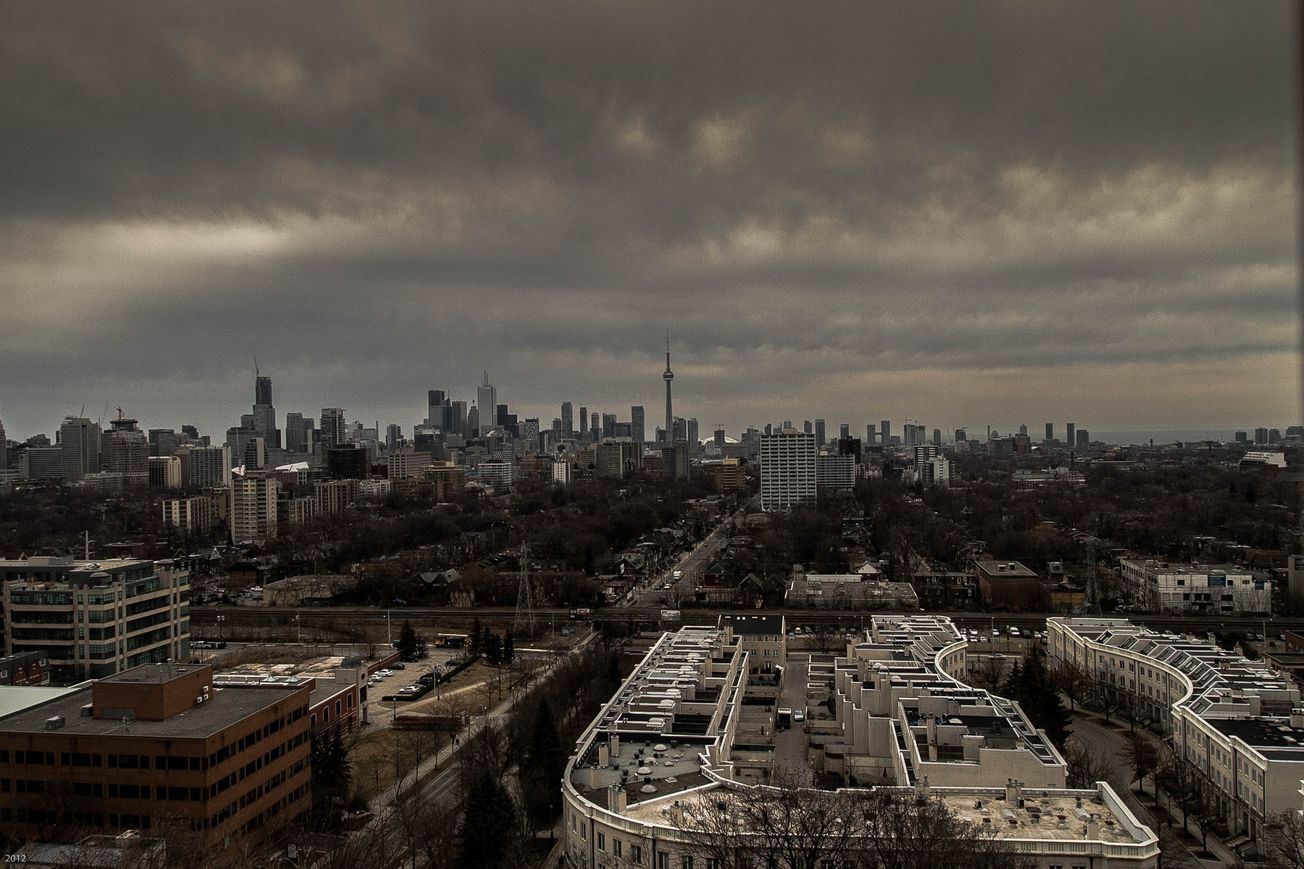By Vilhelmiina Haavisto, Deputy Science and Technology Editor
Vilhelmiina Haavisto reports on research from the University of Bristol’s Medical School that has gleaned new insight into some of the predictors of suicide among young people.
The research, published in The Lancet Psychiatry, was carried out on 310 young adults aged 16 to 21 from the Bristol-based ‘Children of the 90s’ study who disclosed that they had had suicidal thoughts. They found that just over 1 in 10 of those who had suicidal thoughts made a suicide attempt within the five-year follow-up period. The researchers were most interested in possible predictors that could help clinicians to make assessments of ‘high risk’ young people. The factors that were found to be most pertinent included illicit drug use (including cannabis), self harm or exposure to it among friends and family, and having a personality type that makes them more open to new experiences. They also found that 16-year olds were the group with the highest risk, with one in five of those with suicidal thoughts attempting suicide within the follow-up period.
Dr Becky Mars, a Research Fellow at the University and lead author on the paper, notes that “most young people who think about suicide will not make an attempt on their life”, and that it is “crucial that we know more about how we can predict thoughts into actions” if we are to effectively protect those most at-risk. Professor David Gunnell, also from the University, has led several suicide prevention research studies and adds that “being better able to identify those at greatest risk and intervening may help reduce suicides in young people.” With regards to future work, Dr Mars says that they are “planning studies to look at predictors during shorter time frames and…other predictors which are not covered in this study.”
Featured Image: Chelms Varthoumlien/ Unsplash
Most people who are thinking of taking their own life have shown warning signs beforehand.
These can include becoming depressed, showing sudden changes in behaviour, talking about wanting to die and feelings of hopelessness. These feelings do improve and can be treated.
If you are concerned about someone, or need help yourself, please contact the Samaritans on 116 123.
Other student support services include:
Young Minds https://youngminds.org.uk/ 0808 802 5544
Nightline https://www.nightline.ac.uk/want-to-talk/
Papyrus https://www.papyrus-uk.org/ 0800 068 41 41
Student Minds http://www.studentminds.org.uk/findsupport.html









